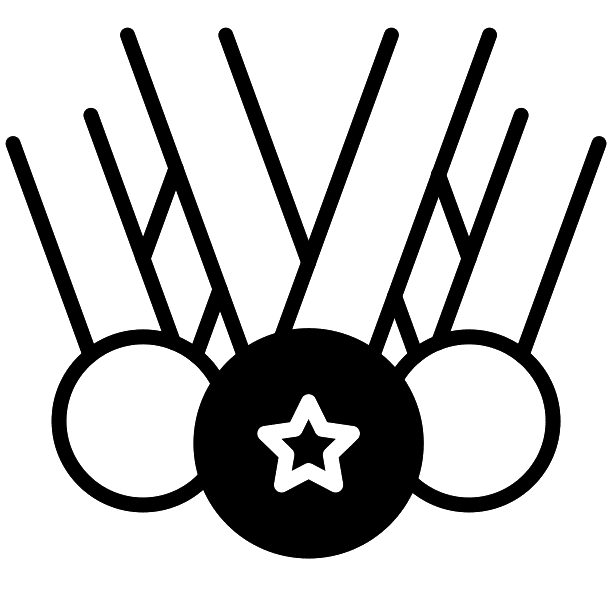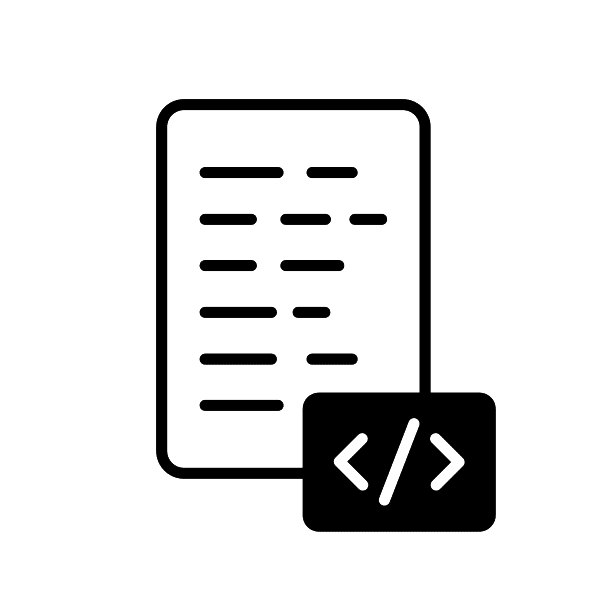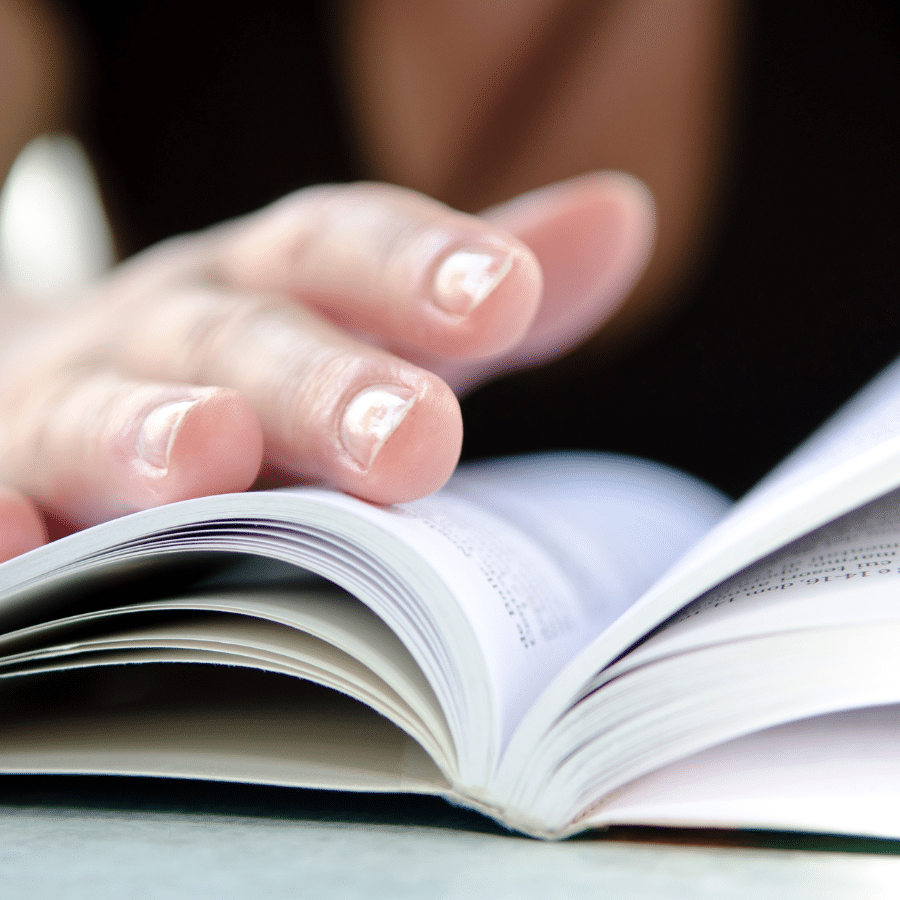Introduction
The International Baccalaureate (IB) is most often associated with high school students, but you may be surprised to learn that there are also IB programs for children ages three to four years old. These programs help children develop skills in language, mathematics, social studies and the sciences. Students who have completed an IB program at this age have been shown to have higher academic performance later on in life than those who haven’t taken part in such programs.
IB Diploma
The IB Diploma is a two-year program, which offers students the opportunity to study six subjects in depth. The diploma is recognized by universities around the world and accepted by over 3,000 universities worldwide. It’s also globally recognized as a qualification that challenges students at a high level, preparing them for further study or entry into the workforce upon completion of secondary school.
The structure of an IB course can vary depending on its subject area (e.g., Humanities versus Science). However, most courses will include:
- An extended essay (EE) worth 40% of your final grade that requires you to conduct independent research based on an approved topic within your chosen field(s) of study; you will then write an argumentative essay based on this research with references cited correctly according to APA style guidelines
The IB Curriculum in a Nutshell
The International Baccalaureate (IB) Curriculum is a rigorous, academically challenging course of study that prepares students for the future. It’s designed to develop global-mindedness and critical thinking skills.
The IB curriculum consists of six subject groups: Language A1, B2, and C1; Individuals and Societies; Experimental Sciences (either Physics or Chemistry); Mathematics; Creative Arts and Design (Visual Art/Dance/Music/ Theatre); Theory of Knowledge (TOK).
What is the International Baccalaureate (IB) Diploma Programme?
The IB Diploma Programme is an international educational program that provides an academically rigorous, challenging and balanced education to students aged 16-19. It offers students the opportunity to study a wide range of subjects and take exams in six subject groups: Language A1 (first language), Language A2 (second language), literature and performance; science; mathematics; arts/design/technology; social sciences.
The diploma requires 120 credits overall with at least 24 from each subject group as well as two core components: Theory of Knowledge (TOK)and Creativity Action Service(CAS). This means that your child will have a broad range of academic experiences including critical thinking skills such as analyzing information or solving problems creatively through service learning projects or volunteering with local organizations
The IB offers two programmes. The Diploma Programme (DP) and the Pre-Diploma Programme (PD).
The International Baccalaureate (IB) offers two programmes: the Diploma Programme (DP), and the Pre-Diploma Programme (PD).
The DP is a diploma programme that can be completed by students who want to pursue higher education. The PD is for students who do not plan on pursuing higher education but would like to gain knowledge in various fields of study.
What does an IB Diploma look like?
The
IB Diploma tuition is a course of study that is designed to prepare students for university and life beyond. It’s also a qualification, earned over two years. The IB Diploma is an international qualification because it has been recognized by universities around the world as one of the best ways for young people to demonstrate their academic ability and personal growth.
The IB Diploma Programme (DP) portfolio consists of six components:
- Theory of Knowledge (TOK) – an essay exploring philosophical questions such as “What do we mean by knowledge?” or “How do we know what we know?”
- Extended Essay (EE) – students complete an independent research project on a topic related to their interests and passions, showing how they’ve developed their skills in research methods and critical thinking through this project
What are the differences between an IB diploma and other high school diplomas?
The International Baccalaureate (IB) diploma is an international qualification that is recognized by universities around the world. It is also recognized as a high school diploma in many countries, including Canada and Australia. The IB diploma may be considered for admission to college or university as either an undergraduate degree or postgraduate degree depending on where you live and what program you choose to pursue. For example:
- In the United States, some states consider the IB Diploma Programme equivalent to earning two years (or more) of college credit at their public institutions of higher learning–including Florida and North Carolina.* In Canada, students who complete their IB program receive recognition on both provincial secondary school transcripts and CIC passports (which are required for entry into postsecondary education).
How does the IB compare to AP classes?
The IB is a high school-level course, whereas AP classes are college-level courses. This means that the IB curriculum is more rigorous and time-consuming than AP. In addition to this, many students who take an IB exam may defer from taking their final exam because it can be very stressful for them.
Another difference between these two programs is that you need to apply for an AP course before registering for it; however, with the IB program you don’t have any application process–you simply enroll yourself into an available class when it comes around your year (for example first semester senior year).
Who can take IB exams?
If you’re an IB student, you don’t have to worry about meeting these requirements. However, if your child wants to take an exam but doesn’t meet them (for example, if they’re not enrolled in an IB school), then they’ll need special permission from their home country’s national authority for that subject area.
As far as we know there are no such authorities for US states or Canadian provinces–so if your child wants to take an exam and isn’t enrolled at an international school or university with its own national authority (and assuming there isn’t one), then he or she will need special permission from the International Baccalaureate Organization (IBO).
Do you have to commit to taking all three levels of an exam, even if you don’t want to pursue them all in college?
You can take the exams in any order, but you’ll need to plan ahead if you want to complete them all at once or spread them out over a few years. You can also take them at home or at an official test center–this is up to you!
However, it’s important that you know that there are some restrictions on which languages can be used for each exam: IB Diploma Programme (DP) candidates must use one of the following languages as their medium of instruction: Chinese/English; French/English; German/English; Spanish/English. For Higher Level (HL) Language A1 and B2 examinations, candidates may choose from Arabic A1 & B2; Chinese A1 & B2; French A1 & B2; German A1 & B2; Italian A1 & B2; Japanese A1 & B2; Korean A1 & B2; Russian A1 & B2 Spanish A1B2
An understanding of what the IB is and how it works can help parents make good decisions about their children’s education path.
The International Baccalaureate (IB) is a global program that offers high-quality, challenging education to more than one million students in over 140 countries. The IB aims to develop inquiring, knowledgeable, and caring young people who help to create a better world through intercultural understanding and respect.
The IB provides a framework for educating students aged 3-19 years old with the aim of developing their intellectual, personal and social skills so they can participate fully in life at school as well as at home or work later on. The curriculum consists of six subject groups: Language Acquisition (Language A), Language B – Literature Humanities & Mathematics Studies Science
In addition to these core subjects there are three optional groups: Arts Sport & Physical Education Creativity Movement
You may have heard terms like ‘The Diploma Programme’ or ‘DP’ when talking about the IB; this refers specifically to post-16 courses which include two years of higher level study (HL).
Conclusion
The IB is a great program, but it’s not for everyone. If you’re looking for an alternative to traditional high school education and want to keep your options open for college, try the AP or SAT test. It can be difficult to navigate through all of these options on your own–especially if English isn’t your first language! That’s why we created this guide: so that parents can understand what each one means for their child’s future before making any decisions about where they’ll go next year or beyond.
For more information about what’s best for your child and having a free trial of
IB Tuition with the best IB tutors HK, contact us via whatsapp or email or visit
free trial page.













